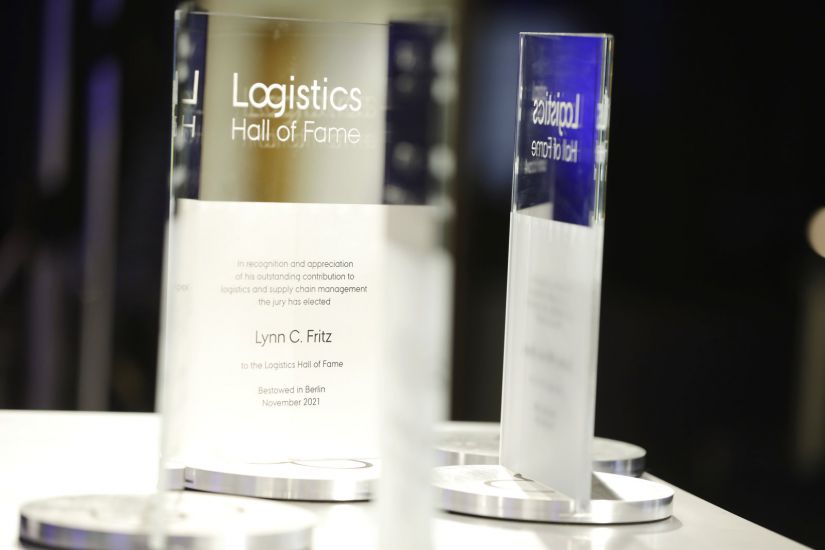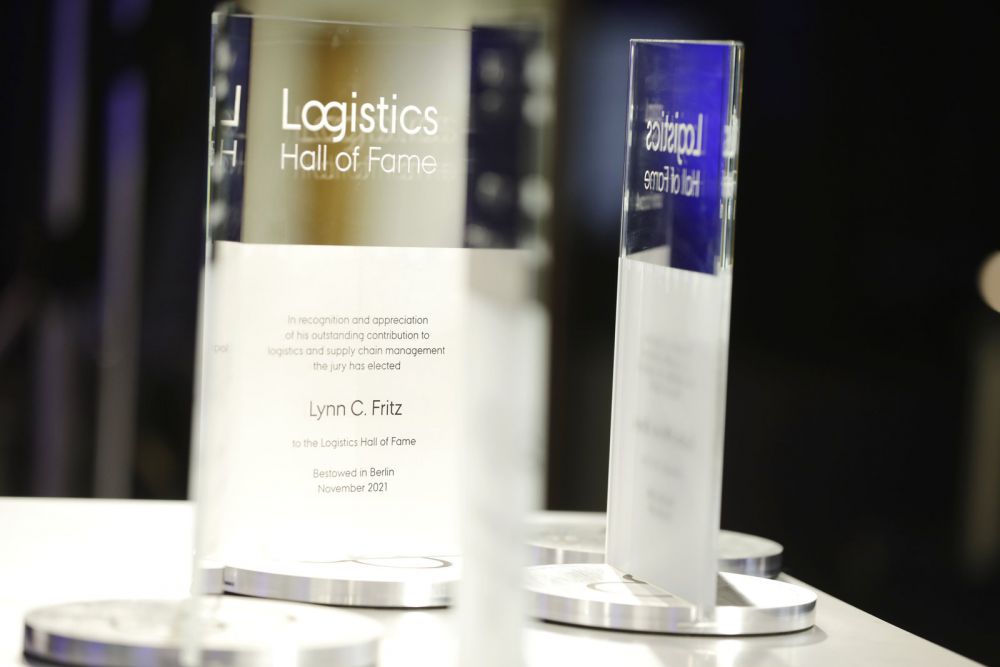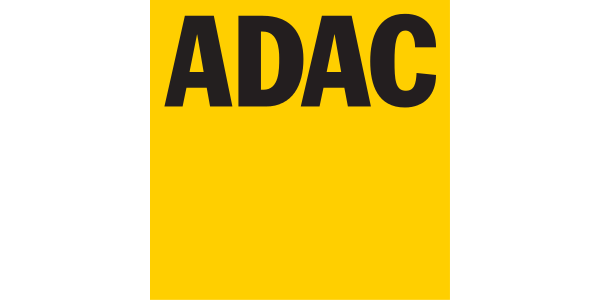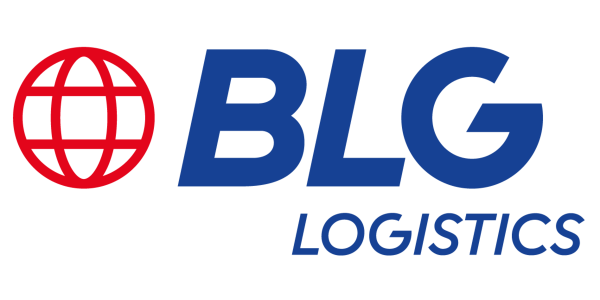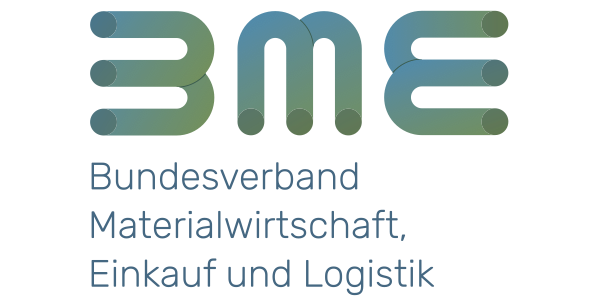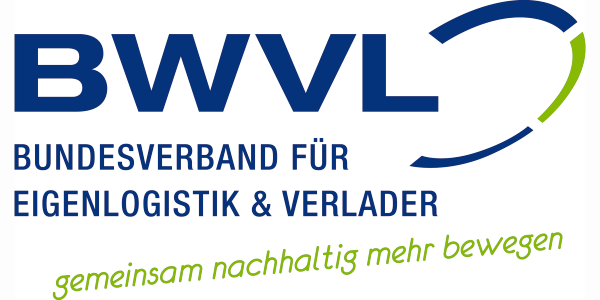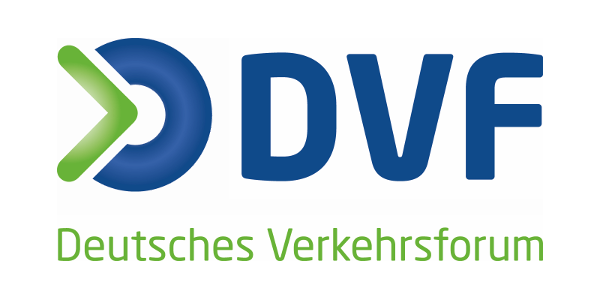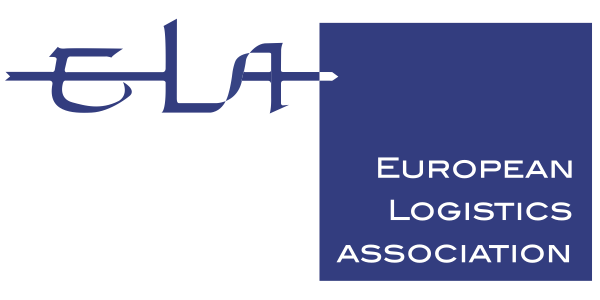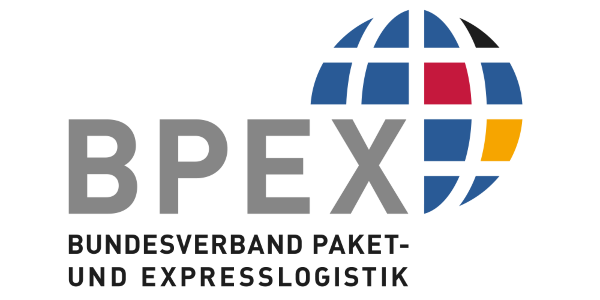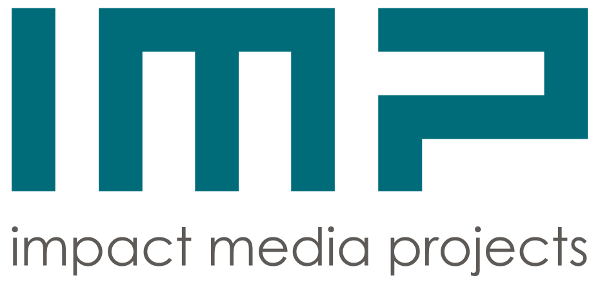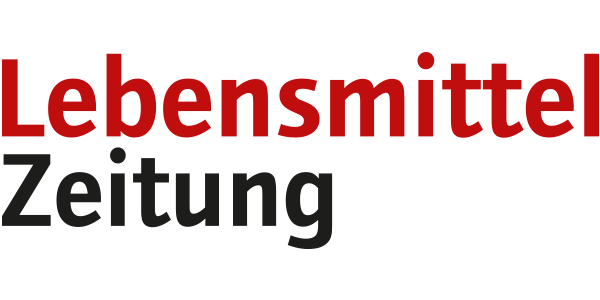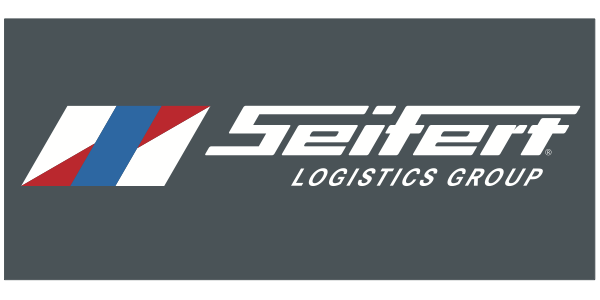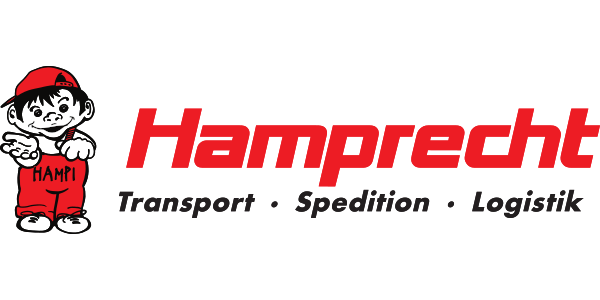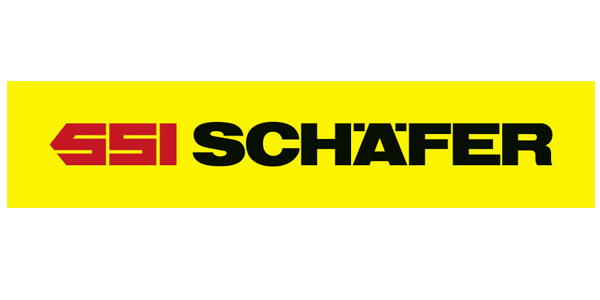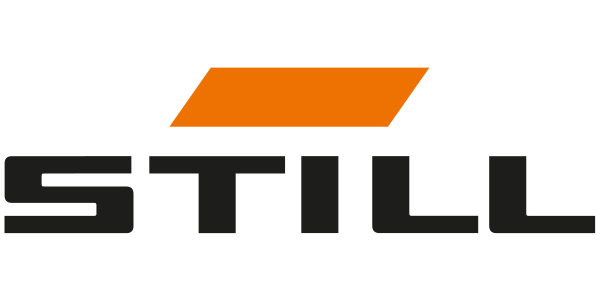Lynn C. Fritz
Founder of logistics for humanitarian organisations
The US entrepreneur Lynn C. Fritz can claim to have transferred the strategies of industrial logistics to humanitarian organisations in the mid-1990s. In order to actively help, he founded the so-called Fritz Institute with his own funds, he ordered the development of software that could be used free of charge, and he established contacts with the leaders of numerous humanitarian organisations in order to implement new concepts. Fritz is considered the founder of logistics for humanitarian organisations.
| Sector | Logistics; Logistics for humanitarian organisations |
| Country | USA |
| Current Position | Chairman and CEO Fritz Institute, former CEO von Fritz Companies, USA |
| Born | 1942, San Francisco |
-
Vita
1942: Born in San Francisco as the son of a logistics entrepreneur
1967: Graduated with a Juris Doctor from Lincoln University School of Law and joined the family business Fritz Companies Inc.
1992: Fritz Companies goes IPO
1995: Awarded a Juris Doctor degree from Pepperdine University for outstanding merit in the public interest
1997: Fortune 1000 status for Fritz Companies
2001: Fritz Companies sold to UPS for US$ 450 million
2001: Founding of LynnCo Supply Chain Solutions and the Fritz Institute
2005: Citizen Diplomat Award from the International Diplomacy Council
2008: Change of residence to Lynmar Estate and expansion of wine production
2008: California Prize for Service of the Common Good from the University of San Francisco
Positions
Member of the Board of Directors of the San Francisco Exploratorium and the University of California Department of Viticulture and Enology
Inducted into the Logistics Hall of Fame 2021 -
Merits
Lynn C. Fritz was born in San Francisco, California, in 1942. After school, the son of a logistics entrepreneur does not immediately decide to join his father's business. He studies law and graduates with a Juris Doctor degree from Lincoln University School of Law. He then joins the company and becomes CEO of Fritz Companies after his father retires. The Californian is a successful entrepreneur. In the more than 30 years since Fritz has been running the company, he transforms it from a small customs brokerage organisation into a stock-listed international logistics service provider with more than 11,000 employees in 120 countries. The company goes IPO in 1992 and is given "Fortune 1000" status in 1997. Fritz is Chairman and CEO of the service provider until May 2001, when he sells it to UPS. Only a few months after the sale of Fritz Companies, he founded LynnCo Supply Chain Solutions and the Fritz Institute. The Institute is still dedicated to logistics for humanitarian organisations.
The Fritz Institute is designed as a non-profit organisation that works in partnership with governments, humanitarian organisations and companies around the world to develop solutions and facilitate the adoption of best practices for rapid and effective crisis management and disaster response. Fritz recognised during his time as an entrepreneur that effective frontline humanitarian operations need to be supported by strong behind-the-scenes competencies: effective operational processes, appropriate use of assistive technologies, well-trained logistics staff, objective performance metrics and institutionalised learning across the humanitarian sector. All initiatives in the field of humanitarian logistics are based on its pioneering work.
Experts in the field of logistics for humanitarian organisations emphasise several of Fritz's achievements. He has designed and developed the free web-based logistics software HELIOS at the Institute, which is now used as a worldwide free standard for humanitarian organisations. The tool was developed based on the needs of humanitarian aid organisations in the emergency phase of a catastrophe. The technology allows real-time, up-to-the-minute tracking of food and non-food items, non-cash and cash donations and financial information about goods in the supply chain. Institute staff interviewed more than 3,000 hours of Red Cross and Red Crescent staff to develop the tool, as Fritz recognised that humanitarian supply chain software differs from that of commercial chains: Humanitarian aid is a cyclical and often unpredictable business, he says, and that is why his institute invested so much time and effort in developing this software.
Experts emphasise other merits of the entrepreneur: for example, he founded the first association for humanitarian aid workers in the USA. And he founded a consortium of companies that lend logistics experts or donate cash. To ensure that theoretical concepts were quickly put into practice, Fritz personally made contact with many humanitarian organisation executives in the USA and abroad to effect change in their minds. When it comes to expertise in the efficient distribution of aid, one name usually comes up in humanitarian organisations: Lynn C. Fritz. -
Gala Reception 2021 Video
-
Gala Reception 2021: Picture Gallery
Fotos: LHOF/Sebastian Gabsch

